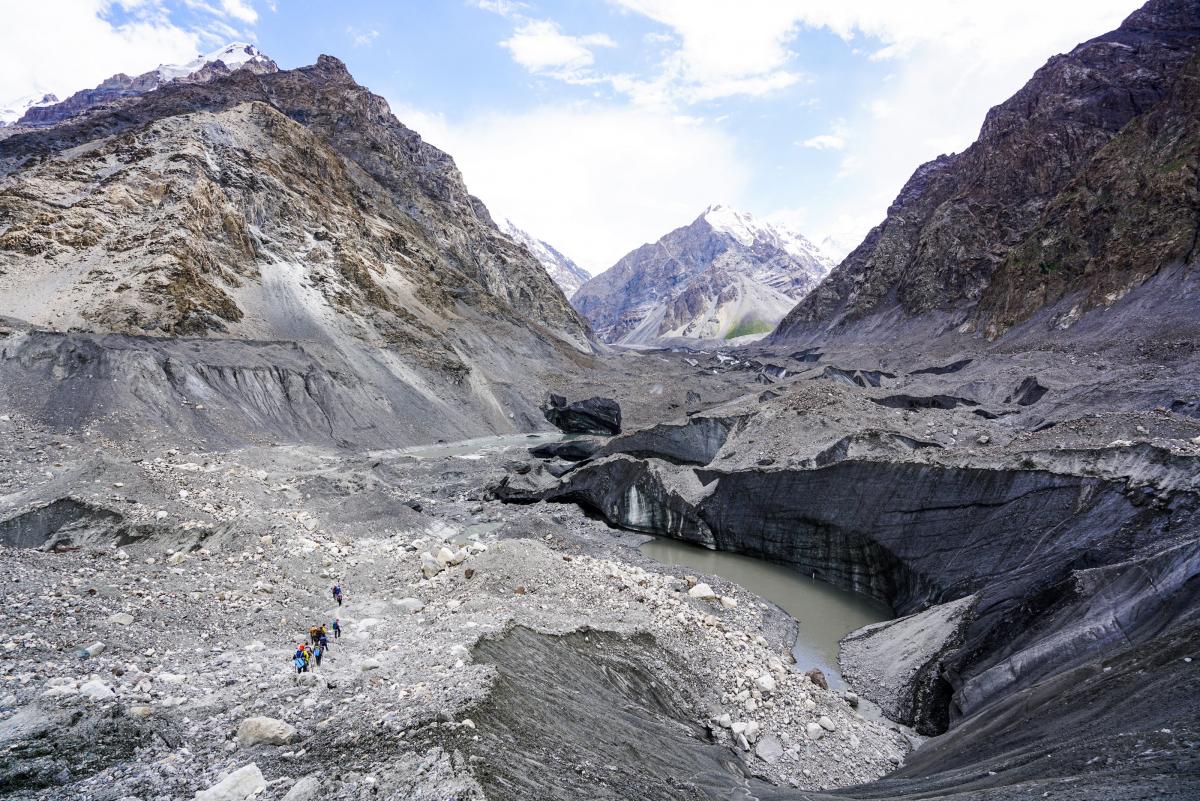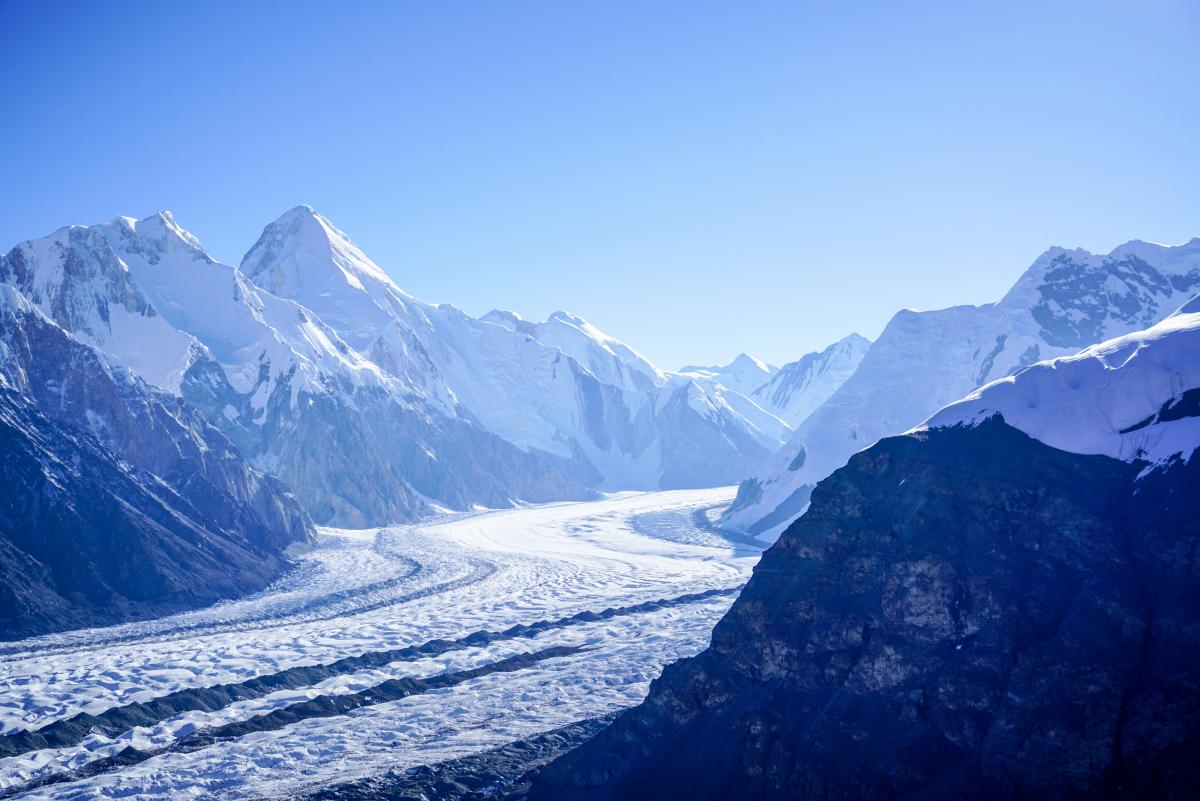December 8, 2018
Our Spanish office has a new office!
Hi all!
Herewith, two news items from Spain:
Our regional office here is celebrating its 10th birthday!
As a present to itself, or something like that, it has moved into a new office!
Here’s the new office – in Madrid… just like the old one. Not that there was an ‘old’ Spanish office – the KLers there are much the same. It’s just the office premises that have changed. You could have thought something else… Anyway, here are the pics of the new ‘office premises’:



























